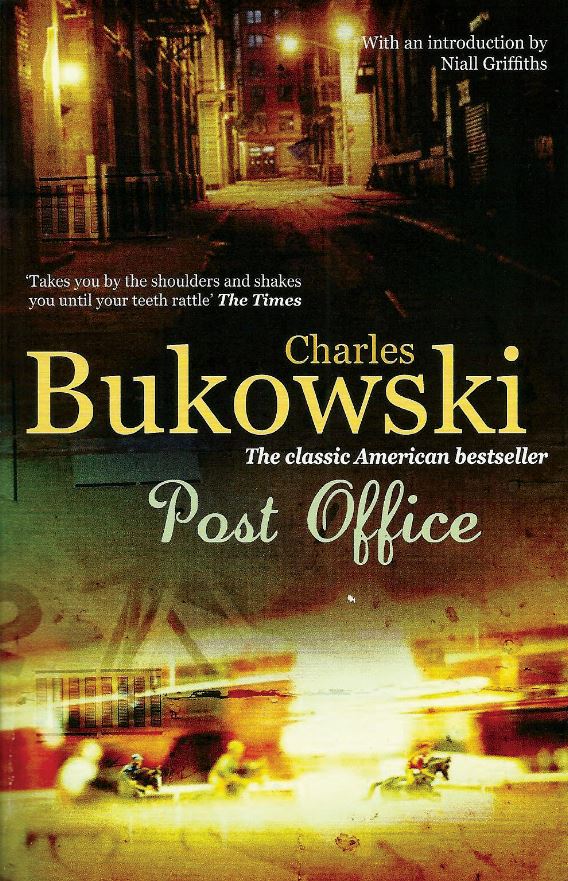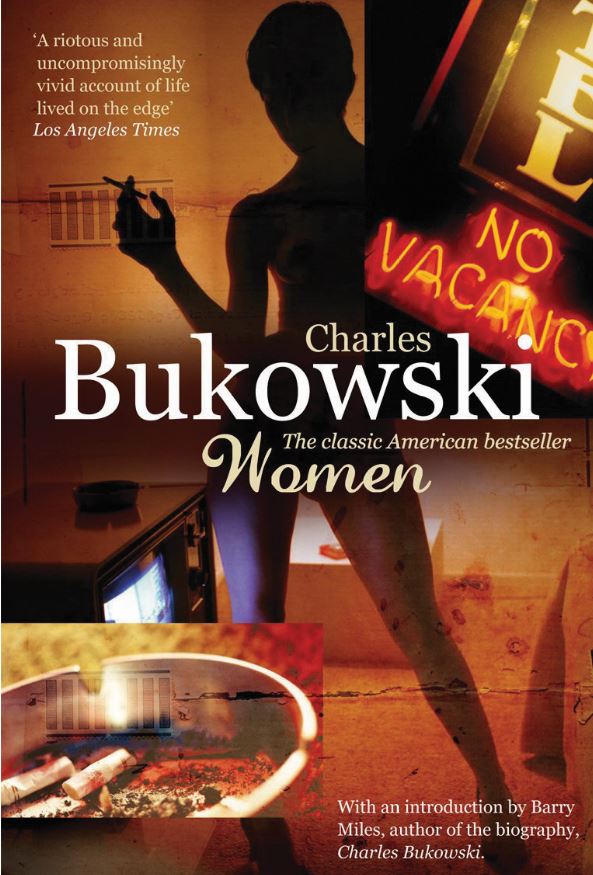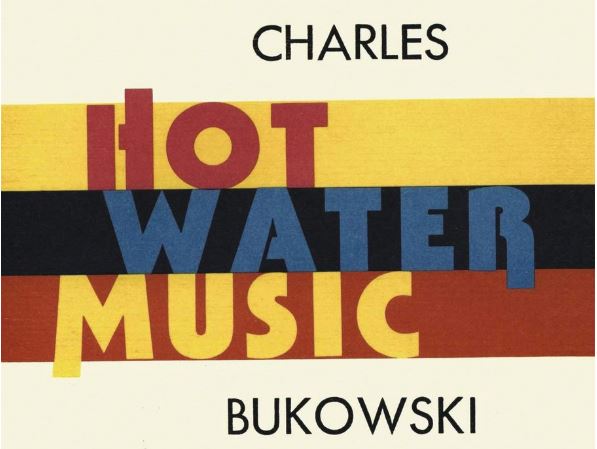The world is divided on Charles Bukowski. Some think he is a literary genius while others think he didn’t write but ranted and that made for bleak reading. There are entire articles dedicated to why you shouldn’t read Bukowski. But then reading is a very subjective affair. What appeals to one might not to another and our reading preferences, much like our tastes, evolve over time.
Which is why I recommend Bukowski to you. When a friend recommended his works to me a few years ago, I was appalled by the use of language and what seemed like a blatant dislike of womankind. But there was no denying that Bukowski was all about ‘quotable quotes’. And that was precisely why I found myself gravitating back to his works despite the initial skepticism over his books. Here I recommend three of his books to help you find out if he appeals to your reading taste or not.
Post Office (1971)
I’m recommending ‘Post Office’ because this is Bukowski’s first novel, published when the author was 50 years old. And this is where we are first introduced to Henry Chinaksi, Bukowski’s alter ego, who makes frequent appearances in many of his books thereafter. His works are considered largely autobiographical. In the novel, Chinaski drifts from woman to woman, barely able to hold down a job and thus living hand to mouth. However, in Bukowski’s randomly crafted world, Chinaski is irresistible to women, despite his crankiness, alcoholism, and misogyny. There isn’t much of a plot but the bits of introspection and the eventual redemption of sorts are what make it a compelling read.
Women (1978)
‘Women’ is Charles Bukowski’s third novel that depicts the highs and lows of Henry Chinaski’s life as a poet, alcoholic, and lover. Besides Chinaski’s drunken antics and sexual debauchery of Los Angeles in the 1960’s and 70’s, there’s not really all that much in Women. After spending many years working in the United States Postal Service, Henry quits his job to pursue a writing career. While trying to make a living selling poems and editing not-so-popular magazines, Chinaski drinks and stares at women. And so, you will read about a series of sexual adventures where each woman is “prettier than the last”. There are plenty of reasons why you could call the writing misogynistic but Bukowski gives you a glimpse of life on the verge of a breakdown, and thus a novel that makes you think.
Hot Water Music (1983)
This short story collection, that reads like a record of obsessions of drinking, gambling, women, and writing, is witty and fun. Wit was never Bukowski’s problem but conveying that in a manner that does not offend often was an issue. The stories here address what the world can do to people and also what people, in turn, can do to the world. A motel room stinking of sick, a decrepit apartment with a perpetually arguing couple, and a bar tended by a skeleton, there’s a lot of morbid and, quite frankly, sometimes downright disgusting narration in this anthology. But that’s also how Bukowski has succeeded in painting a picture of the darkest bits of human existence.














